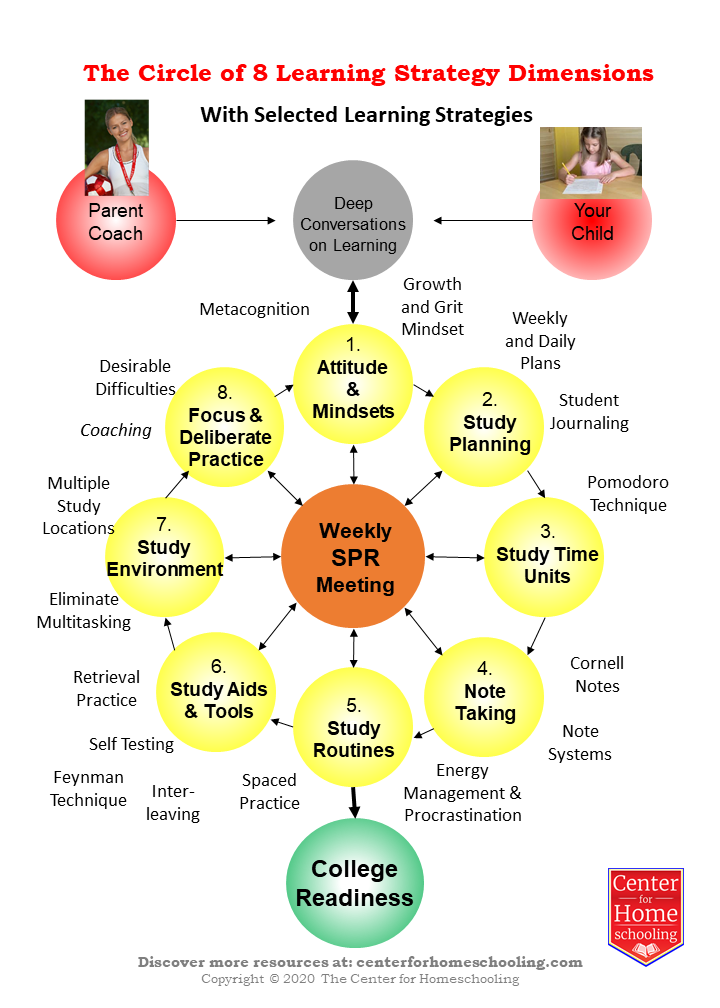Circle building refers to the intentional formation of small, collaborative learning communities or study groups focused on shared knowledge acquisition and skill development. These circles foster deeper understanding through discussion, problem-solving, and peer support.
Why Circle Building is Important
Effective circle building significantly enhances learning outcomes:
- Enhanced Retention: Explaining concepts to peers and engaging in active discussion reinforces understanding and memory far beyond passive studying.
- Diverse Perspectives: Members bring unique viewpoints and experiences, leading to richer discussions, creative problem-solving, and a more holistic grasp of complex topics.
- Increased Accountability & Motivation: Regular meetings and commitments to the group create structure and shared responsibility, boosting individual motivation to prepare and participate.
- Development of Critical Skills: Articulating ideas, debating respectfully, active listening, and collaborative problem-solving are crucial skills practiced extensively within learning circles.
- Support Network: Circles provide emotional and intellectual support, reducing feelings of isolation and making challenging material more manageable.
Bonus Tips for Effective Circle Building
- Define Clear Goals & Scope: Agree on the specific learning objectives or subject matter focus from the outset to maintain alignment.
- Set Structure and Commitments: Establish regular meeting times, clear roles (e.g., facilitator, note-taker), pre-work expectations, and a shared communication platform.
- Curate Diverse Membership: Aim for varied backgrounds, skill levels (within reason), and perspectives to maximize learning potential. Choose engaged individuals.
- Promote Active Engagement: Structure discussions around problem-solving, case studies, debates, or teaching back rather than passive information sharing.
- Foster Psychological Safety: Create a non-judgmental environment where asking questions, admitting confusion, and sharing incomplete ideas is actively encouraged.
- Utilize Effective Facilitation: Rotate or assign a facilitator to guide discussions, ensure everyone contributes, manage time, and keep the group on track.
- Incorporate Reflection: Briefly discuss what worked well and what could be improved at the end of each session to continuously enhance the circle's effectiveness.
- Leverage Diverse Resources: Share relevant articles, tools, practice problems, or expert talks to complement discussions.
Investing effort in building and maintaining effective learning circles unlocks profound collective intelligence, accelerating mastery and fostering a powerful sense of community in the learning journey.






